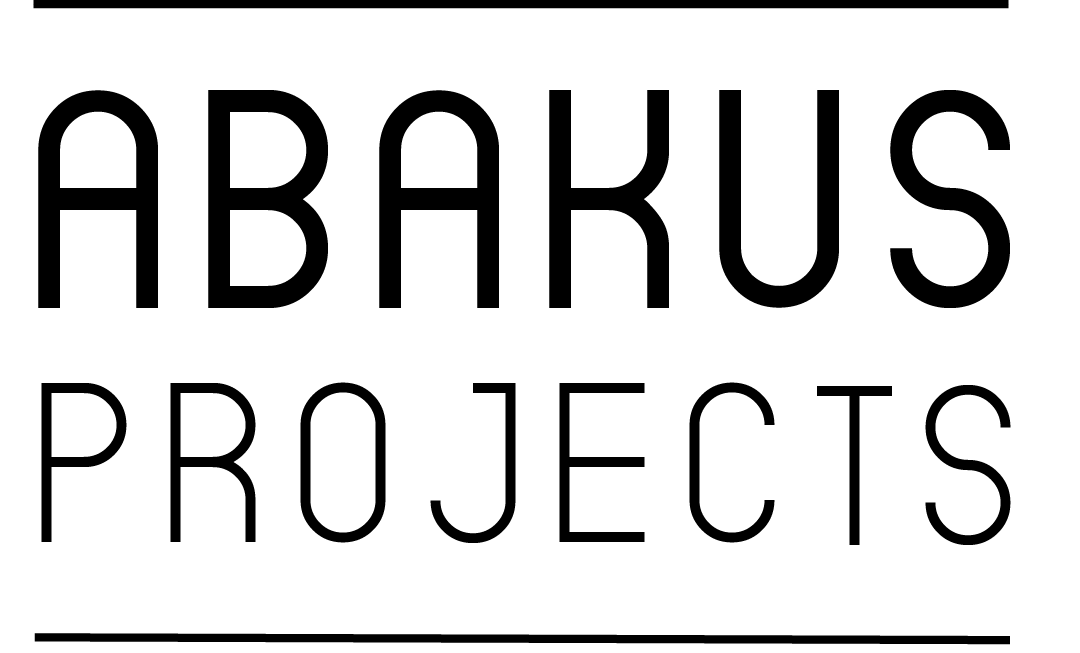ED GRAZDA Asia Calling:
A Photographer’s Notebook 1980 - 1997
KHALID HADI Disasters of War
Friday, March 4 - Sunday, March 6, 2022
Opening reception on Friday, March 4th, 6 - 8PM
Installation view
March 4 - March 6, 2022
ED GRAZDA (American, b. 1947)
Born in Flushing, Queens, Edward Grazda studied photography at the Rhode Island School of Design. During the 1970s he photographed in Latin America. From 1980 through 2004 he photographed in Afghanistan and Pakistan, and in 2005 and 2006 he photographed in Oman.
He is the author of Afghanistan Diary 1992-2000 (PowerHouse Books, 2000) and Afghanistan 1980-1989 (DerAlltag, 1990). He is the co-author of NY Masjid: The Mosques of New York (PowerHouse Books, 2002) with text by Jerrilynn Dodds. In the fall of 2015, A Last Glance: Trading Posts of the Four Corners was published by PowerHouse books. His most recent publication, Asia Calling: A Photographer’s Notebook 1980 -1997, was published by PowerHouse books in the fall of 2021.
Grazda’s work has appeared in The New Yorker, Vanity Fair, Double Take and Granta, and is in numerous collections including The Metropolitan Museum of Art, The New York Public Library, The San Francisco Museum of Modern Art, and the Museum of Modern Art, among others. He has received grants from The New York Foundation For the Arts and the National Endowment for the Arts and has been a MacDowell Colony Fellow four times.
In 2009, with Jeffrey Ladd and Valerie Sonnenthal, Grazda founded ERRATA EDITIONS, a publishing company dedicated to making important rare photo books accessible with its Books on Books series. As of 2014, Errata Editions is part of The Errata Foundation, whose mission is to to bring a wider awareness of photography through its publications and create new dialogues and education surrounding great photographic bookworks.
ED GRAZDA, Kabul, Afghanistan, 1992
16 x 20 inches
Vintage gelatin silver print
ED GRAZDA, Tet, Hanoi, Vietnam, 1994
16 x 20 inches
Vintage gelatin silver print
ED GRAZDA, Bangkok, Thailand, 1985
16 x 20 inches
Vintage gelatin silver print
ED GRAZDA, Haiphong, Vietnam, 1982
16 x 20 inches
Vintage gelatin silver print
ED GRAZDA, Kabul, Afghanistan, 1992
16 x 20 inches
Vintage gelatin silver print
ED GRAZDA, Ho Chi Minh City, Vietnam, (‘68 Ford Falcon, a former U.S. embassy car, now a taxi), 1990
16 x 20 inches
Vintage gelatin silver print
ED GRAZDA, Kabul, Afghanistan, 1997
16 x 20 inches
Vintage gelatin silver print
ED GRAZDA, Hanoi, Vietnam, 1994
16 x 20 inches
Vintage gelatin silver print
ED GRAZDA, Bombay, India, 1988
16 x 20 inches
Vintage gelatin silver print
Installation view
March 4 - March 6, 2022
ED GRAZDA, Baltit, Hunza, Pakistan, 1982
16 x 20 inches
Vintage gelatin silver print
ED GRAZDA, Bangkok, Thailand, 1990
16 x 20 inches
Vintage gelatin silver print
ED GRAZDA, Vientiane, Laos, 1994
16 x 20 inches
Vintage gelatin silver print
ED GRAZDA, Friday Prayers, Peshawar, Pakistan, 1989
16 x 20 inches
Vintage gelatin silver print
Installation view
March 4 - March 6, 2022
ED GRAZDA, Luang, Prabang, Laos, 1990
16 x 20 inches
Vintage gelatin silver print
ED GRAZDA, Taliban at Jadi Maiwand, Kabul, Afghanistan, 1997
32 x 36 inches
Unique gelatin silver print, printed later
KHALID HADI (Afghan, b. 1981)
Khalid Hadi was born in Kandahar, Afghanistan in 1981. His childhood was set against the backdrop of bloody war between the Mujahideen and the Soviet Union, a war which claimed up to two million Afghan lives as well as 15,000 Soviet soldiers.
In 1990 Haji Mullah Akhond, a Mullah in Kandahar, established a foundation to help those who had become victims of the Soviet war in Afghanistan: orphans, disabled Mujahideen fighters, and civilians wounded by land mines and other explosives. Hadi, with assistance from his father, a former general in the Afghan army, was hired by Mullah Akhond to document those who had been wounded. By this time the 11-year old Hadi was an experienced photographer using a handmade wooden box camera, a widely popular tool in Afghanistan for making street portraits for money. Over the course of two years, Hadi would go on to photograph more than 10,000 people who had been wounded while managing the record keeping of those who had received funds from the Saudi-backed foundation.
In 1996 the Taliban established the Islamic Emirate of Afghanistan, taking Kandahar as their new capitol. Under the the new regime, Hadi became “official Taliban photographer.” Although the Taliban had banned photography of all living things, they used the medium as a propaganda tool, publishing the completion of public works and construction projects in two magazines published by their Ministry of Culture.
A passionate lover of Pashto music, poetry, and Afghan culture, Hadi’s job with the Taliban was no more than a means to survive. Armed with a press pass, Hadi was able to acquire banned videotapes and music cassettes from the Pakistani border and bring them into the country, where they would secretly be passed from person to person. After the fall of the Taliban, Hadi started a cultural magazine and news agency in Kandahar. He now lives in the United States.
Installation view
March 4 - March 6, 2022















